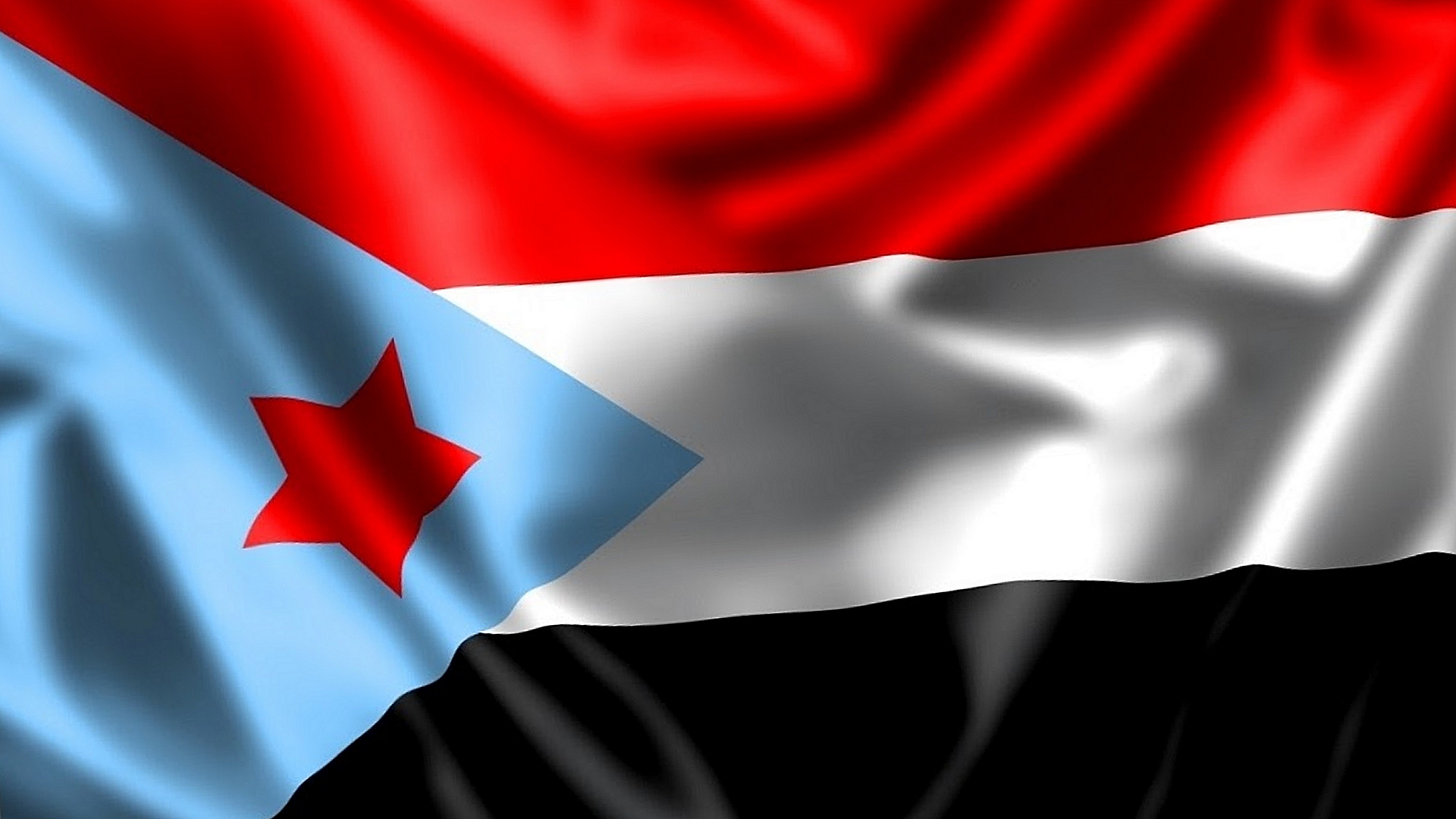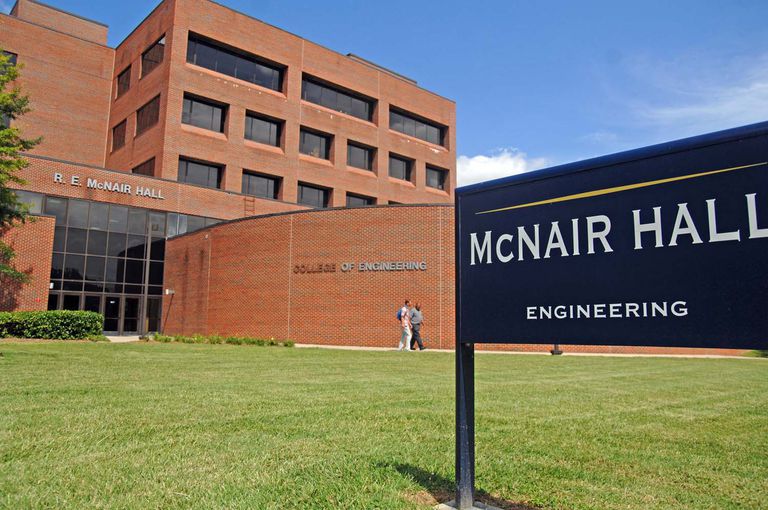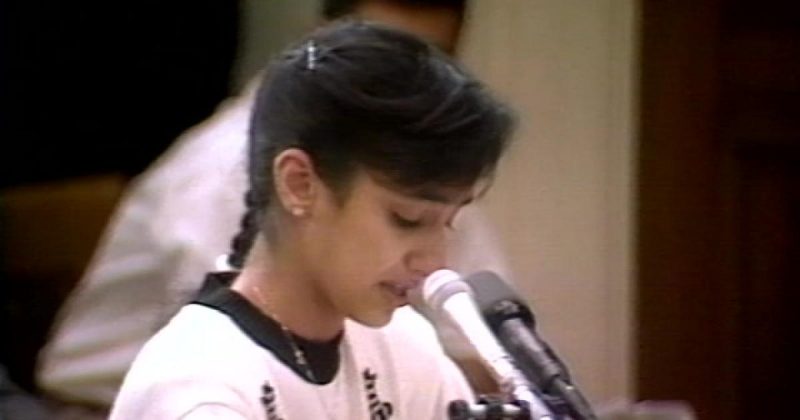
Osama bin Laden approaches Prince Turki bin Faisal al Saud, head of the intelligence services of Saudi Arabia, with a plan to use Arab mujahedin from Afghanistan to overthrow the Marxist government in South Yemen.
Turki rejects his proposal, but bin Laden reportedly organizes fighters anyhow under the al Qaeda flag, and then (working with tribal leaders) makes a series of attacks in South Yemen. The attacks are so damaging and threatening that Yemeni President Ali Abdullah Saleh travels to Saudi Arabia to ask King Fahd to get bin Laden under control. The King then himself instructs bin Laden to stay out of Yemeni affairs, and Prince Nayef bin Abdulaziz al Saud (then the minister of the interior) demands bin Laden’s passport.
Less than a year later, Iraq invades Kuwait and bin Laden’s views of Saudi Arabia are forever transformed, with King Fahd inviting U.S. military forces to deploy to Saudi soil—a sacrilege to bin Laden that represents a new set of “crusaders” entering the lands of Islam.

